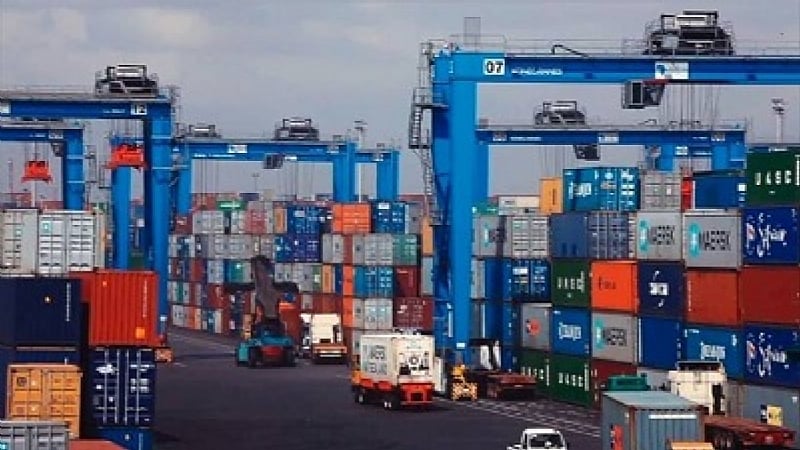A coalition of Civil Society Organizations (CSOs) in Ghana is urging the government to take immediate action to clear essential Family Planning (FP) commodities and other medical supplies that have been stuck at the Tema Port for over seven months. This delay is attributed to unpaid duties and accruing demurrage fees, resulting in critical shortages of contraceptives at central and regional medical stores and health facilities nationwide. The stagnant goods, valued at $1,610,563 and donated by the West African Health Organization (WAHO) and United Nations Population Fund (UNFPA), are crucial in preventing unintended pregnancies, unsafe abortions, and maternal mortality, which have significant implications for public health in the country, according to the CSOs.
The pressing situation has become a deterrent to Ghana’s national efforts to improve health outcomes, particularly for maternal, newborn, and child health. Without timely access to essential FP commodities, the risks are exacerbated, leading to an increase in unintended pregnancies by an estimated 199,182, 62,728 unsafe abortions, and 255 maternal deaths. The calculations, based on the impact model from MSI, indicate that the availability of these commodities could significantly avert child deaths and relieve financial pressures from healthcare costs, estimated to save the government over 200 million Ghana cedis. The CSOs emphasize the importance of these supplies for pregnant women, as they wish to ensure safe pregnancies and lives for mothers and children alike.
Ghana has made commitments through the Ghana Family Planning Costed Implementation Plan (GFPCIP) to ensure equitable access to quality FP services by 2030, in alignment with global FP2030 goals. However, ongoing delays in the clearance of FP commodities contradict this commitment, raising questions about the credibility of Ghana’s dedication to the African Union Agenda 2063 and broader Sustainable Development Goals (SDGs). The coalition believes that the government’s inability to manage donated supplies effectively undermines these national and international pledges, possibly tarnishing Ghana’s reputation on the global stage and hindering future collaborations.
To address this pressing issue, the CSOs called on the government to adopt proactive measures that would prevent future delays and potential losses of vital supplies. They argue that improved management of FP commodities is necessary to fulfill Ghana’s healthcare promises and commitments to reproductive health. They also ask for regulatory bodies to ensure a thorough quality control assessment of the cleared supplies, verifying their safety and suitability for use. Such assessments are crucial to maintaining public trust in health services and avoiding any health risks associated with compromised supplies.
The coalition includes prominent organizations such as the Alliance for Reproductive Health Rights, Planned Parenthood Association of Ghana, MSI Reproductive Choices Ghana, and several others committed to enhancing reproductive health in Ghana. They collectively express their readiness to collaborate with the government and other stakeholders to ensure that the country meets its FP commitments while prioritizing the health outcomes for Ghanaians. Their collective voice underscores the urgent need for governmental accountability in health matters and the importance of safeguarding the well-being of the population.
In conclusion, the CSOs urge the Ghanaian government to recognize the ongoing health crisis stemming from delayed FP commodity clearance and to take swift action to rectify the situation. The appeal emphasizes not just the immediate necessity for these supplies but also the broader implications of reproductive health on the nation’s health outcomes and its commitment to sustainable development goals. By prioritizing responsible management of health resources, the government can improve public health and potentially avert a looming crisis that threatens the well-being of women and children across the nation.


